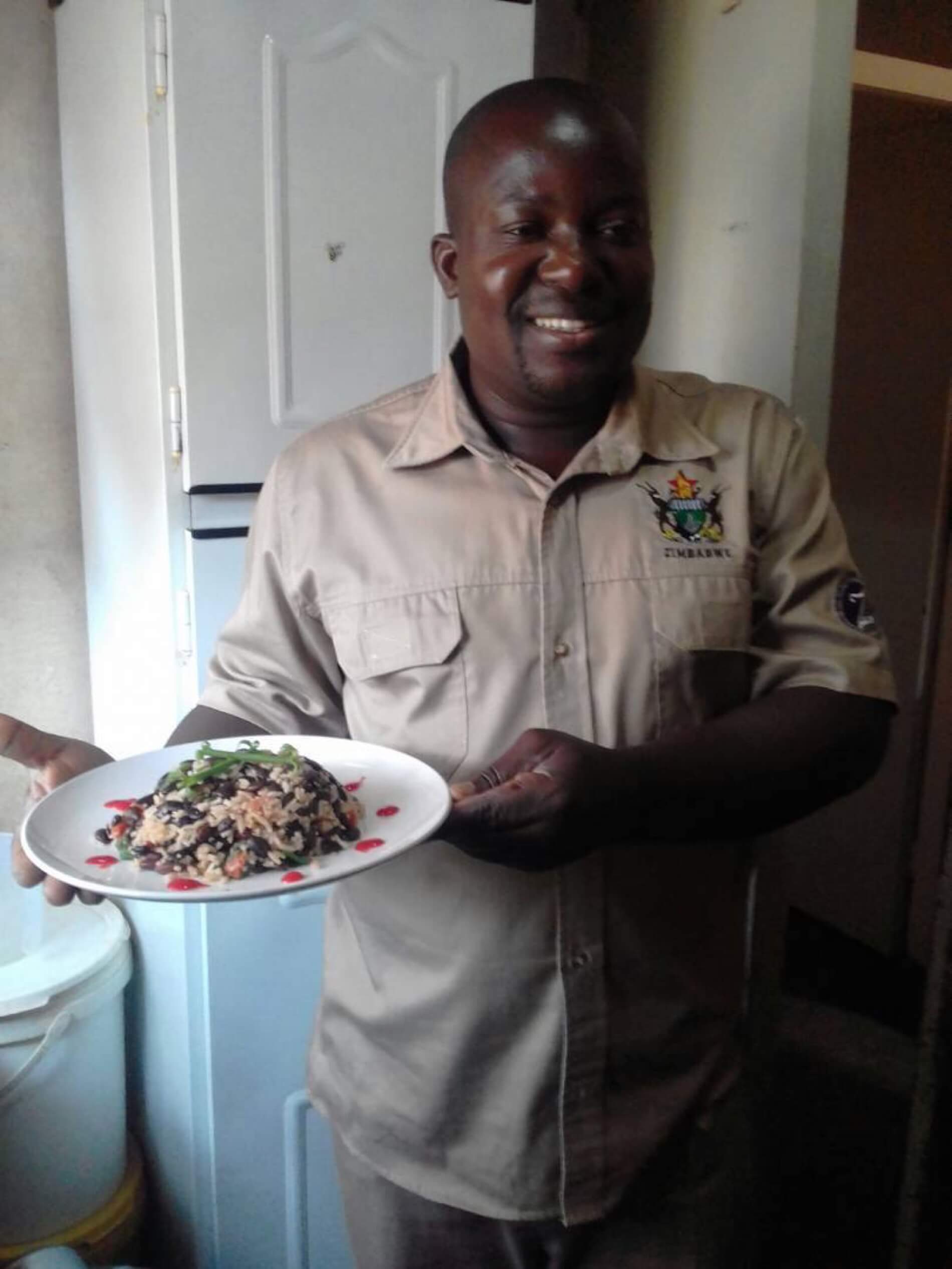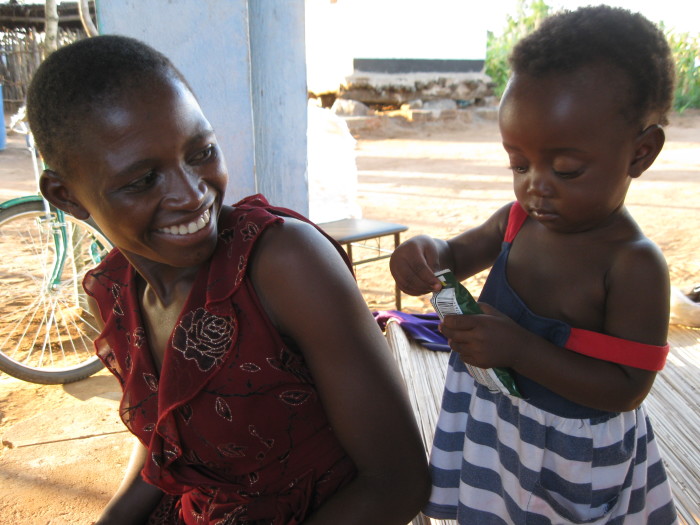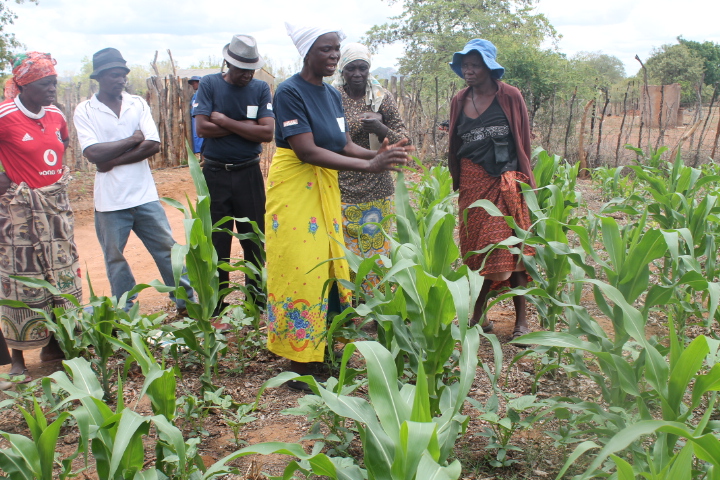Nutrition
Score Against Poverty is committed to reducing malnutrition in families through the promotion of maternal, infant and young child nutrition through the 1000 days approach, in addition to the provision of clean water, special feeding, and by promoting diversified crop production. We give priority to pregnant and nursing mothers and children under the age of five, but our projects also engage husbands and other family members to help ensure these positive nutrition practices are kept for years to come.
Since most of the legumes being promoted are new, farmers are also receiving lessons on how to cook and preserve them. Rather than just focusing extension efforts on production alone, SCORE is working together with government extension workers on teaching small scale farmers the importance of growing and consuming a balanced diet. Positive indigenous knowledge and cultural practices that encourage increased food and nutrition security are being identified during workshops, affirmed and reinforced, while negative practices are being dismantled through education and awareness-raising.
SCORE’s Farmer led agriculture extension method emphasizes the involvement of women both as lead farmers and recipient of inputs and services. This is going to help address gender disparities on access, control and utilization of inputs/resources and will lead to significant adoption rates and improved awareness of the importance of diversified production for consumption to nutrition.
SCORE is exploring opportunities to strengthen work on home gardens, livestock interventions, addressing poor child feeding practices and poor adult dietary choices. We’re also looking to projects to address unclean water, poor sanitation and lack of health care which make it difficult to utilize available food and increase nutritional requirements.



